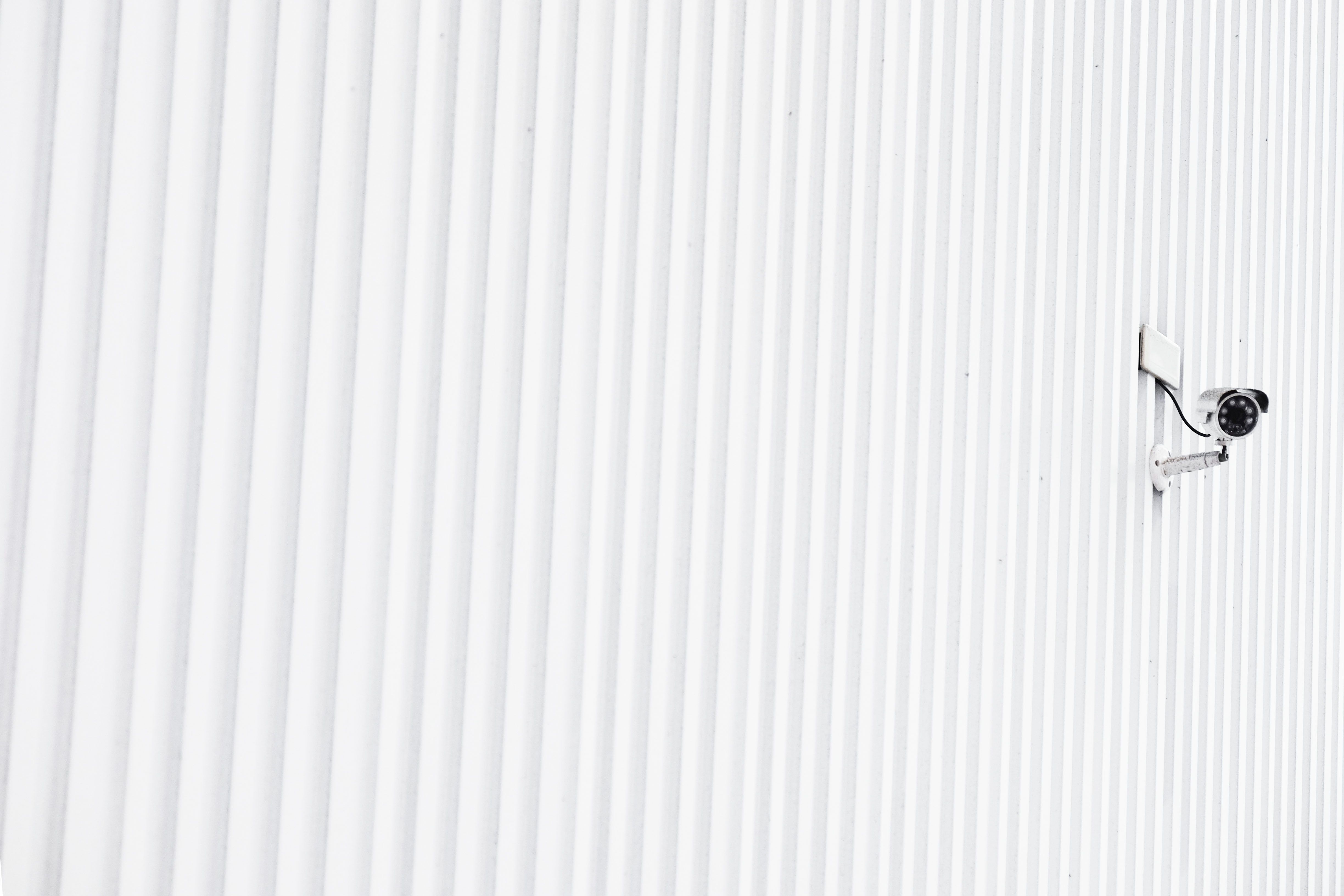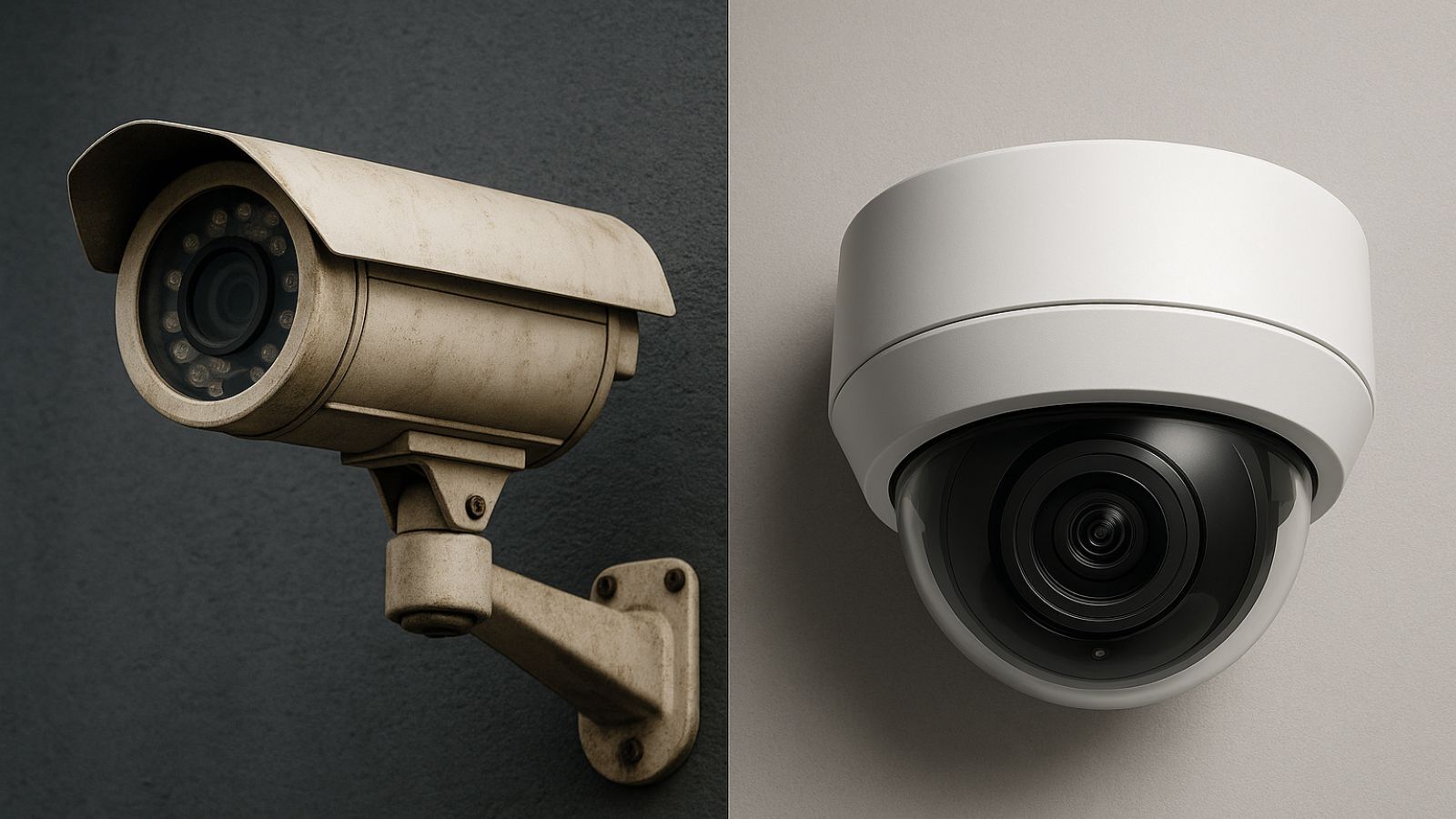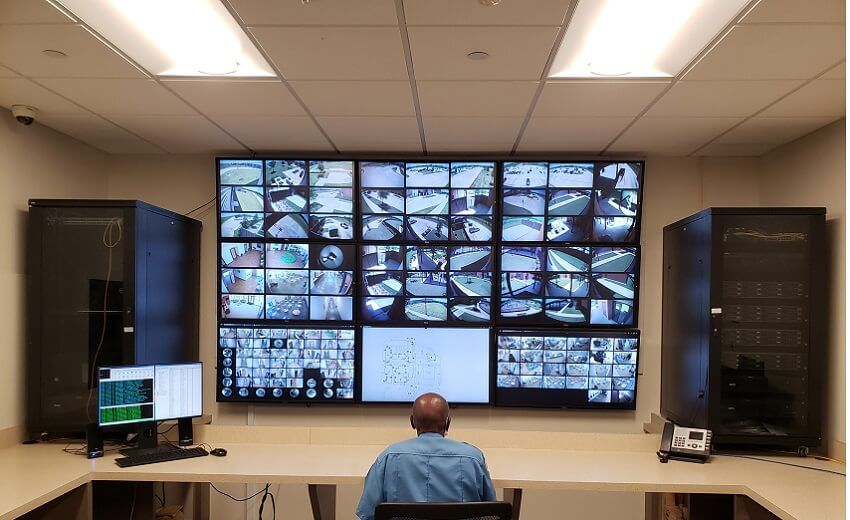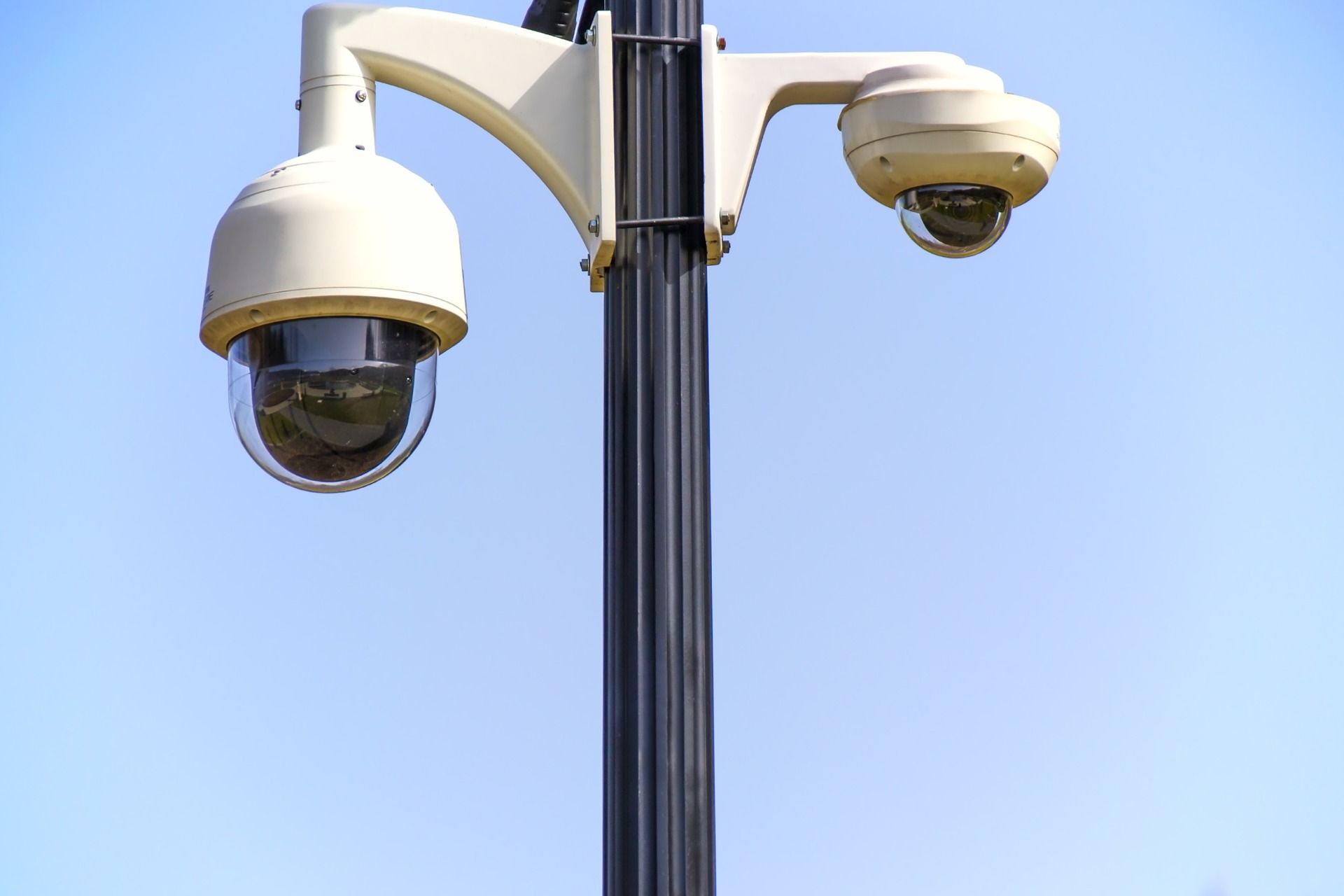Can Security Cameras Be Hacked?
Businesses, educational facilities, and other commercial spaces find comfort in protecting their people, property, and assets by installing...
Many businesses and homeowners use security cameras as a preventative measure to help protect their people, assets, and property. Not only do security cameras act as a deterrent to potential burglars or unauthorized people accessing a space, but they also give business and property owners peace of mind. There is comfort in knowing that in the event of an incident, the footage of the incident can potentially be used to prove the identity of the person(s) and even act as evidence in a court case.
But what are the laws regarding the usage of security cameras in court? Is security camera footage admissible in court? Are there any special measures that business owners should take to ensure their footage is court-approved? Read on to find out.
Typically, security camera footage is segmented into three distinct categories—the home, the workplace, and the public. In order for security footage to be admissible in court, the guidelines for these distinct areas of surveillance must be followed.
Like all other forms of evidence, surveillance camera footage must adhere to the guidelines set for that specific category of evidence. In order to be considered admissible, digital evidence (including video footage) must be correctly stored, proved to be genuine, and be in line with each state’s varying policies for digital evidence. In addition, the digital evidence must be proved to be applicable and relevant to the case.
As with other forms of evidence, security footage is at risk of being thrown out if it doesn’t meet specific criteria. Legal counsel will need to be prepared to prove that the video footage is unaltered, genuine, acquired legally, and accurately timestamped. In addition, if footage is being used for identification purposes, the quality of the images is extremely important, as they will need to show without a doubt that the person in question is the person featured on the footage.
At DSC, we take security camera solutions seriously. As a premier provider of life safety and security solutions, our Houston security camera installers are committed to designing comprehensive security camera solutions that allow for seamless integration, remote access, and reliable storage methods.
If you’re concerned about whether or not your system is set up in a way that the footage it records can be used in court, let our experts help. To see what DSC can do for your business’s surveillance system, contact us today.

Businesses, educational facilities, and other commercial spaces find comfort in protecting their people, property, and assets by installing...

Most buildings rely on systems that were installed years ago—sometimes decades ago. Fire alarms, cameras, access control panels, intercoms, intrusion...

Star of Hope wanted to install a security system at the Women and Family Development Center that would allow them to provide a safe environment in...
